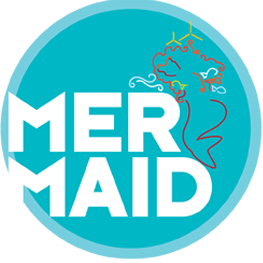

WP4: Systems for sustainable aquaculture and ecologically based design
Leader: Flemming Møhlenberg, DHI
The general objective of WP4 is to develop, test and document sustainable and environmental-friendly and cost –efficient offshore production systems. Based on present and near-future market demands offshore fish farming (salmon and trout in NE Atlantic/Baltic, seabream and seabass in the Mediterranean) has the strongest potential, followed by shellfish culture (mussels, oysters and carpet shells) while seaweed (e.g. Saccharina) production should been seen as supportive element acting as mitigating nutrient release and a novel wave damping device protecting the other aquaculture production units. Harvested seaweed could be used as high-value products or in biorefinery processes.
Seen from commercial perspective most offshore farms seem over-developed and too costly. Fish farms moored offshore in high-energy environments, experience numerous environmental conditions that differ from near-shore aquaculture farms, including exposure to strong wind and waves from all directions creating severe conditions that can prevent operators from being able to access their farms for longer periods.
Aquaculture developments also at offshore locations raise issues of concern in terms of environmental impacts and ecosystem health. For aquaculture systems to be sustainable, they should not cause damage to natural systems by critically increasing (e.g. nutrients) or decreasing the concentrations of natural substances (e.g. chlorophyll). Other potential impacts relate to increasing concentration of man-made substances, such as persistent chemicals and through physical disturbance leading to habitat changes. Besides, at increasing distance from coast and larger depth, abundance of pelagic larvae from epibenthic organisms generally decrease making nets, rings and anchor ropes less vulnerable to fouling. In effect, offshore aquaculture could also lead reduced needs of antifouling paints thereby reducing environmental impacts.

